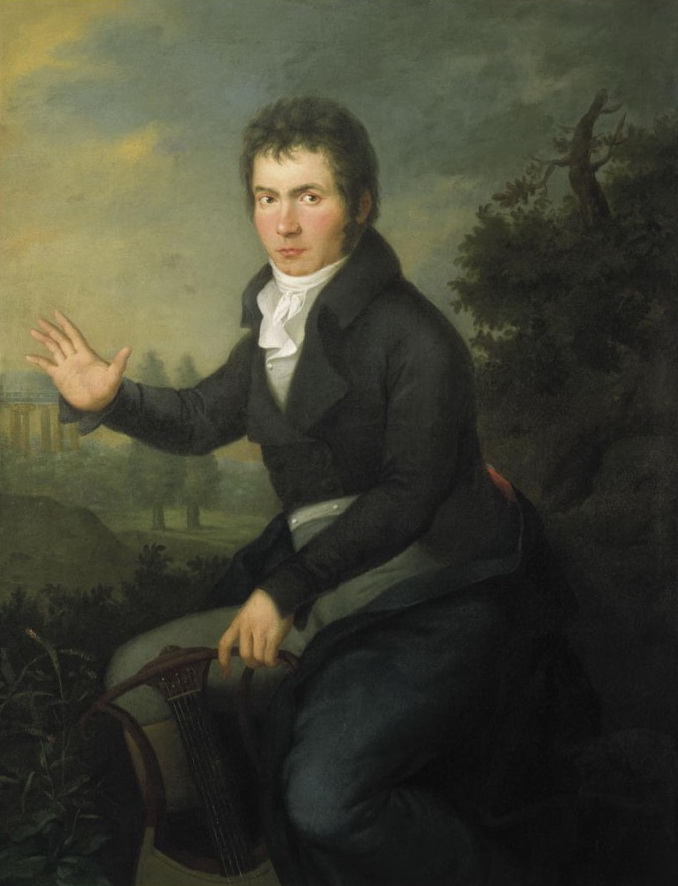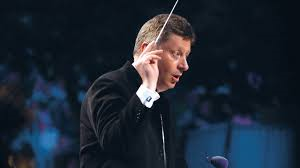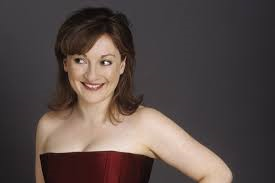We all know whose 250th birthday anniversary is coming up!
Pianists who don’t perform Beethoven aren’t sure if they’re on a winner or a loser. Their concerts will be a welcome contrast or antidote to his music during a year when the mass exposure and examination of his work will teeter on overkill. But if these pianists are perceived as being in denial, or spurning the piano’s most inspirational classical composer, will that affect their audience rating?
Because this year the concert halls, recital rooms and mass media will be creating even more new audience for Beethoven and his exponents than happened feverishly 50 years ago in 1970, his 200th anniversary. The past 250 years have shown that humankind responds in the greatest numbers to this composer above all other, because he has the most to say and tell.
With his revolutionary power, beauty and humanity, he grabs by the throat and heart the idealistic young – who then discover and constantly rediscover Beethoven’s creative and expressive wealth through their lifetime, repeatedly energised and ever deeper enriched.
That’s me and millions of others. We all think we knew Beethoven, then find we didn’t. To our renewed admiration. Beethoven gets you for life. You cannot dismiss him or conscientiously reject him. You, the Beethovenian pianist, have the power to initiate that process.
Let us wish the non-Beethoven pianists an enjoyable ‘exile’ in 2020 – but let those programming Beethoven answer this . . . What is your purpose? To piggyback just the familiar, or be a messenger with ‘new’ Beethoven for your ticket-buyers? And I don’t mean just rarely-played ‘new’ Sonatas. This is a year in which you have no excuse if you are caught playing safe.
He will be disappointed if he sees solo recital pianists seizing their chance to dump on their audiences a heap of his Sonatas and nothing else. The composer wrote those for himself and for those buying his music to tackle at home or in court. I will be taking seriously few of those pianists because 2020 is the year each true Beethovenian pianist must stand up to be counted.
He was a performer, like you. But for deafness he’d have been doing so all his life and he’d probably have lived longer than his 56 years. I say, ignore his sets of variations this year in your programmes and you will slip down the rankings. Moreover, you will not be presenting the full Beethoven. Not for nothing did he perform these works, often improvised, off the top of his head, to amaze, excite and stun his audience, but wrote them for publication as another dimension and sharing of his gift.
They are of huge importance this year if audiences are to be given a complete picture. Take your pick. There are plenty. With them it will be your turn to do the stunning. And for most of those audiences, you will be giving music new to them.
To pick two obvious examples: the significant Eroica Variations & Fugue will come to them as a revelation because they’ll already know the tune. Play the C minor Variations (ignore Beethoven’s ambiguously jokey/pompous reported dismissal of them) and you will be connecting with Schubert late Sonata fans and in some cases educating them.
These two are no-brainers but of course there are the smaller sets to draw on, plus the miniaturist Bagatelles and Fantasies also, to check out and either learn, or re-visit and properly dust down. You already know that insight-wise the Bagatelles are very important Beethoven. Lots of this non-Sonata material is genuinely entertaining while you use it to paint that wider picture and draw people in to this one-off genius.
I wish you the thrill of creating your own contributions to this crazy upcoming year. And hope you succeed in making them memorable among the milieu.
Richard Amey
December 2019



